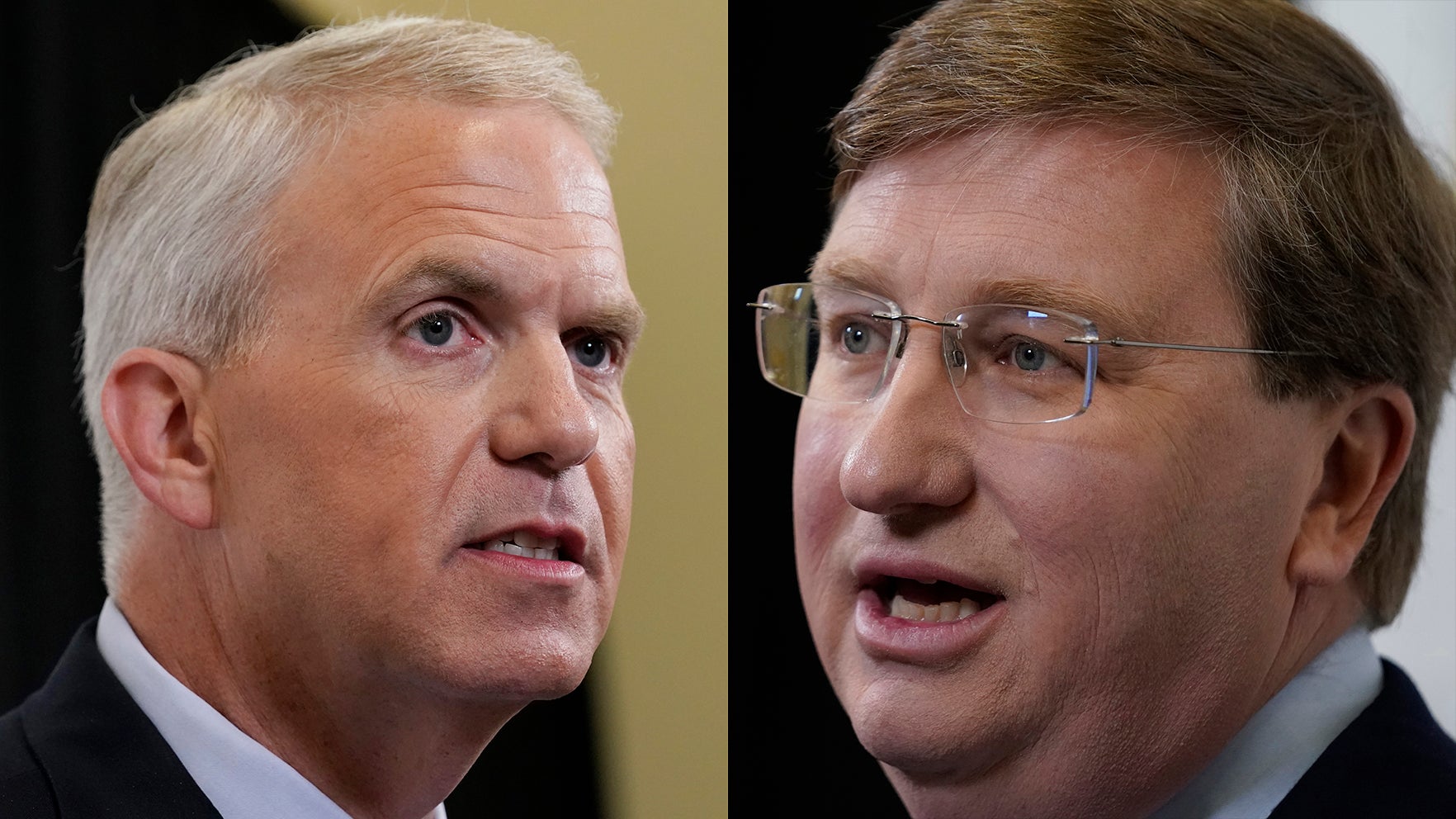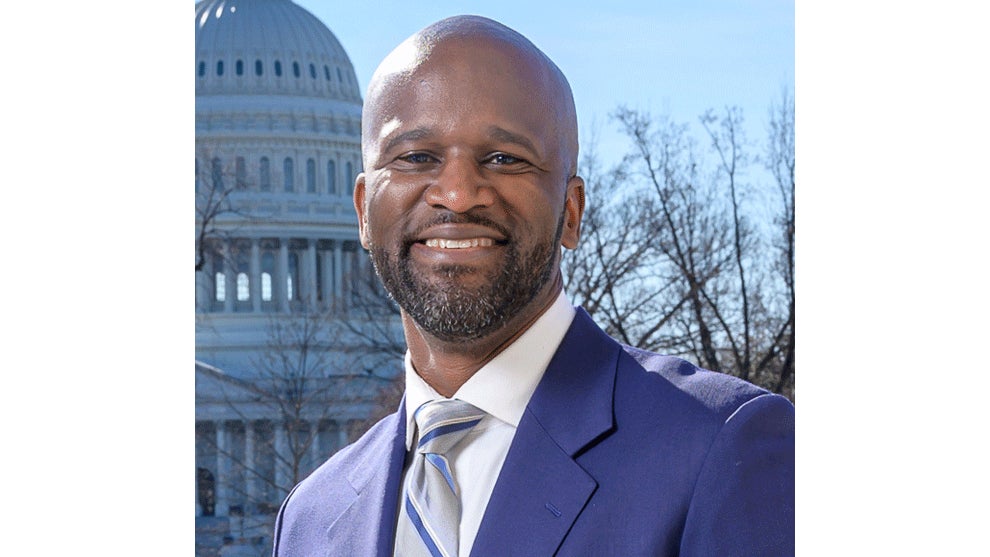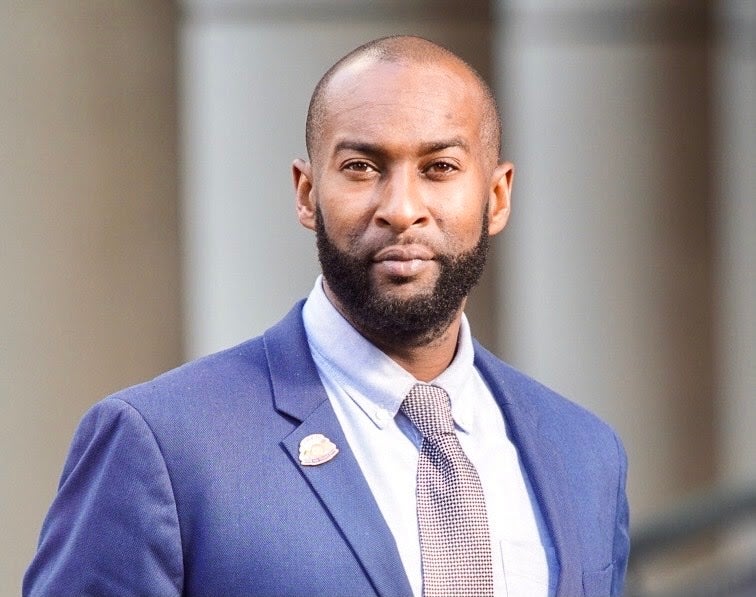Court: Convicted ex-prisons leader and wife owe income taxes
Published 3:44 pm Thursday, May 21, 2020
(AP) — A Mississippi court has affirmed a ruling that says an imprisoned former corrections commissioner and his wife must pay more than $69,000 in state income taxes.
A Hinds County chancery judge ruled last year that Christoper Epps and his wife, Catherlean, waited too long to challenge the Department of Revenue’s order that they must pay $69,489 in individual income tax for 2007 to 2014. The Mississippi Court of Appeals on Tuesday affirmed that judge’s ruling, the Clarion Ledger reported.
Epps was head of the state prison system for a dozen years. After resigning on Nov. 5, 2014, he was indicted on charges of accepting bribes and kickbacks in exchange for contracts and illicit activity with various corrections facilities. He pleaded guilty in 2015 to money laundering and filing a false income tax return.
Epps was sentenced in May 2017 by U.S. District Judge Henry Wingate to almost 20 years in federal prison and fined $100,000 for running one of the largest and longest criminal conspiracies in the state’s history. Catherlean Epps was never implicated in any wrongdoing.
A 49-count federal indictment accused Christopher Epps of taking nearly $1.5 million in bribes and kickbacks to steer more than $800 million worth of state prison contracts.
A Department of Revenue audit determined the couple owed the additional taxes and issued an assessment letter dated Oct. 23, 2017. The couple appealed to a Department of Revenue review board and later to chancery court.
Chancery Judge Tiffany Grove dismissed the appeal last year, agreeing with the Department of Revenue that the couple had missed the deadline by one day to file an appeal in chancery court.
The Mississippi Court of Appeals agreed with Grove’s ruling, saying the couple failed to appeal within the required 60 days.
The couple’s attorney, James McGee Jr., argued they had two to three additional days to appeal the Board of Tax Appeal decision since it was mailed to them. Matthew Henry, an attorney for the state, argued that state law only applied when filing an appeal to a state agency, not to a court.





